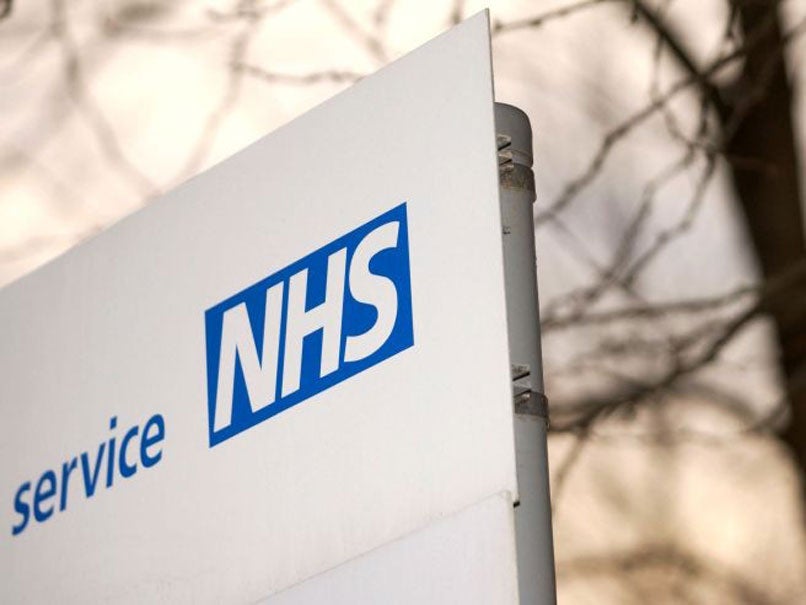Instead of picking a fight with GPs, NHS bosses should focus on ways to reform primary care
The attention and resources given to hospitals always seems to overshadow primary care, says Ian Hamilton. That’s despite the vast majority of care now being delivered by GPs


The worst way to try and persuade a group or individual to change is by threatening them, but this doesn’t seem to have put off senior NHS England officials when they sent a letter to all GP practices in England reminding them of their duty to offer face to face appointments - or else.
Whatever senior NHS official came up with this idea had clearly not attended the training on how to motivate your staff. Senior NHS staff should have learned by now that in any skirmish with doctors there is always one winner, doctors. Successive governments and health ministers have taken on medics at their peril. The founding father of the NHS, Aneurin Bevan, famously said that he only achieved his goal of establishing the NHS by “stuffing the doctors’ mouths with gold”.
Predictably the Royal College of GPs and doctors union, the British Medical Association, have come out fighting. Rightly asserting that it was at the request of the Department of Health that they reduced face to face appointments at the start of the Covid-19 pandemic in order to reduce both the risk to patients and doctors.
Little doubt that there has been a switch to online and video appointments instead of face to face during the last few months, but any suggestion that this is due to work shy or lazy GPs seems wide of the mark and ill-informed. The Royal College of GPs’ own data shows that face to face appointments are back to near normal levels.
Rather than pick an unnecessary fight with the medical profession, time and effort would be better spent by senior NHS managers thinking about how primary care can be modernised. The attention and resources given to hospitals always seems to overshadow primary care. Despite the vast majority of care now being delivered by GPs rather than hospitals, nothing stimulates a local politician or their electorate like the threat of closing their cherished local hospital.
We seem strangely attached to hospital-based care even when all the evidence points to community primary care being as good if not better for many conditions and patients. This really matters - if we continue to prop up expensive hospitals when resources are finite we won’t have the capacity or ability to develop a primary care service fit for the 21st century.
An example of just how antiquated our primary health system is can be seen by the paper medical notes still widely used by GPs. Attempts have been made to digitise the system but so far, as with so many government exercises of this kind, this has resulted in staggering waste, with billions of pounds spent and nothing to show for it.
Private health care is always quick to spot an opportunity and so it is with primary health care. A host of companies now offer these services in a way that can’t be matched by the traditional GP practice. Naturally these private enterprises are viewed with suspicion by many GPs and medics who perceive them to be creaming off the “easy patients”, leaving them with the complicated and time-consuming ones. They have a point, but they also seem blinkered to the progressive approach these private health care ventures offer. They are patient orientated in the way they offer appointments, early in the morning, after work and, crucially, most patients don’t have to wait two weeks to see a doctor.
As it stands GPs are increasingly having to be reactive to health problems whereas private health care can be proactive, albeit with a younger and healthier patient group. None the less there is a need for one to learn from the other. There’s little point having a service that is difficult to access and slow to respond. Neither aspect is good for health.
But this is about more than just tinkering with appointments and arguments about how these appointments are delivered. This should be about having a primary health care service that is sufficiently resourced and supported to deliver the majority of the population’s care. The problem is, that doesn’t attract the majority of voters.




Join our commenting forum
Join thought-provoking conversations, follow other Independent readers and see their replies
0Comments